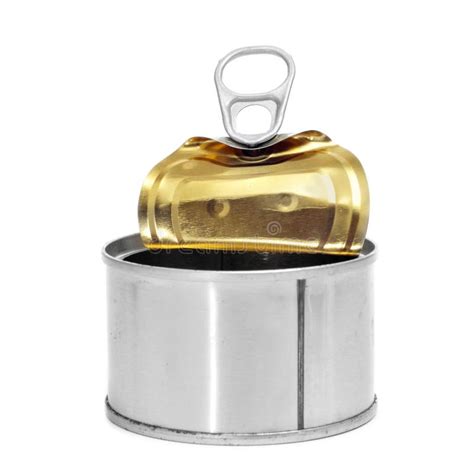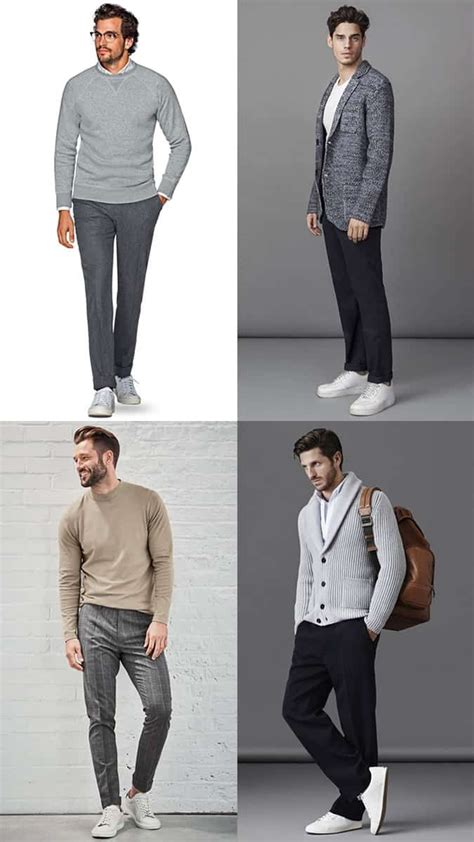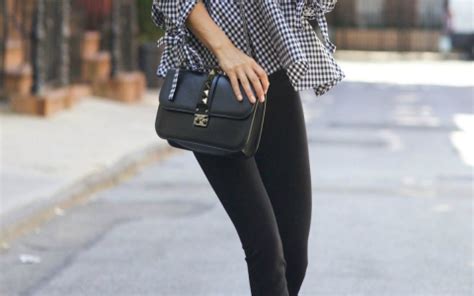Navigating the modern dress code can be a sartorial minefield, with few terms as pervasive and yet as perplexing as “smart casual.” For men, striking the right balance between sharp professionalism and relaxed comfort is key to looking appropriate, confident, and stylish in a myriad of settings, from an important client lunch to a weekend social gathering. It’s about more than just throwing on a blazer; it’s about thoughtful curation and understanding context.
Understanding Smart Casual: The Elusive Definition
At its core, smart casual bridges the gap between traditional business attire and purely relaxed clothing. It’s polished without being overly formal, comfortable without being sloppy. Think elevated basics, quality fabrics, and impeccable fit. The goal is to look put-together and respectful, while still conveying a sense of ease and individual style. It often means ditching ties, but not abandoning collars; opting for chinos over jeans, but sometimes the right dark-wash denim can work.
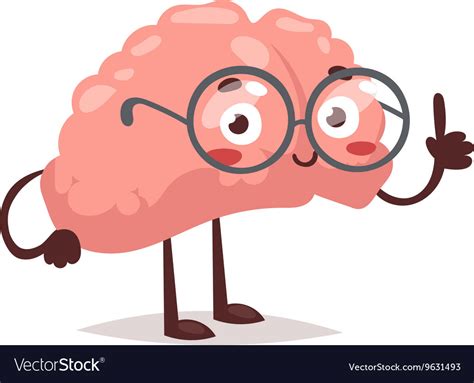
The Building Blocks of a Smart Casual Wardrobe
Building a strong smart casual wardrobe relies on versatile pieces that can be mixed and matched to suit various occasions. Investing in quality over quantity will ensure longevity and a consistently sharp appearance.
Tops: Polished & Versatile
- Button-Down Shirts: Opt for Oxfords, chambray, or fine-gingham shirts in solid colors (white, light blue, navy) or subtle patterns. They are inherently smart but can be dressed down by rolling sleeves.
- Polo Shirts: A well-fitting, high-quality polo in a pique or merino wool fabric can be incredibly smart. Avoid overly branded or synthetic sports polos.
- Fine-Gauge Knitwear: Crew-neck or V-neck sweaters made from merino wool, cashmere, or fine cotton can be layered over shirts or worn on their own for a sophisticated look.
Bottoms: The Foundation
- Chinos: The quintessential smart casual bottom. Choose well-fitting, tailored chinos in classic colors like khaki, navy, olive, or grey. Avoid baggy or overly casual styles.
- Tailored Trousers: Wool or cotton blend trousers, perhaps with a subtle texture, can elevate your smart casual game, especially for professional settings.
- Dark Wash Jeans: While tricky, dark, un-distressed denim with a slim or straight fit can work in more relaxed smart casual environments. Always ensure they are clean and well-maintained.
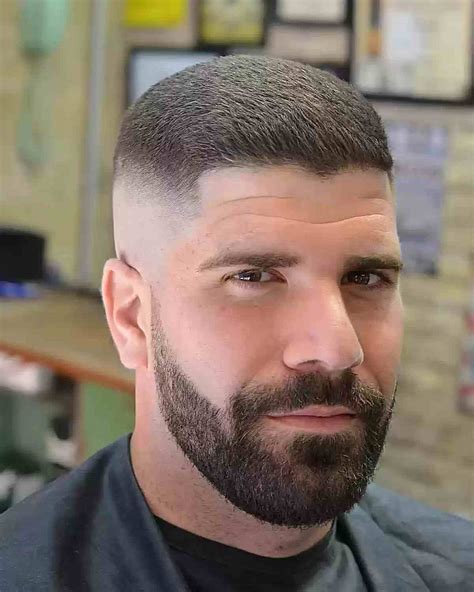
Outerwear: The Game Changer
- Blazers/Sport Coats: This is often the defining piece of smart casual. A well-fitting blazer (wool, linen, or cotton blend) in navy, grey, or a subtle check instantly elevates any outfit.
- Light Jackets: A clean, minimalist bomber jacket, a field jacket, or a refined overshirt can offer a stylish alternative for less formal occasions.
Footwear: Step Up Your Style
Your shoes can make or break a smart casual outfit. Avoid athletic sneakers (unless they are very clean, minimalist, and stylish) and overly formal dress shoes.
- Loafers: Penny loafers, tassel loafers, or driving shoes in leather or suede are excellent choices.
- Derbies/Brogues: Slightly less formal than Oxfords, these can provide a polished finish.
- Chukka Boots: Suede chukkas are versatile and add a touch of rugged refinement.
- Clean Sneakers: White, minimalist leather sneakers can work in very relaxed smart casual settings, provided they are spotless and in pristine condition.
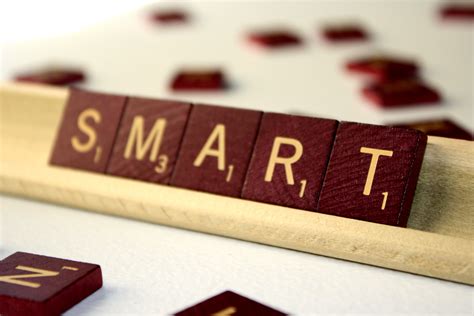
Accessories: The Finishing Touches
Thoughtful accessories pull an outfit together without overpowering it.
- Belts: Matching your belt to your shoes (color and material) is a classic move.
- Watches: A quality watch is a subtle indicator of attention to detail.
- Pocket Squares: Can add a pop of personality to a blazer.
- Eyewear: Stylish glasses or sunglasses can enhance your overall look.
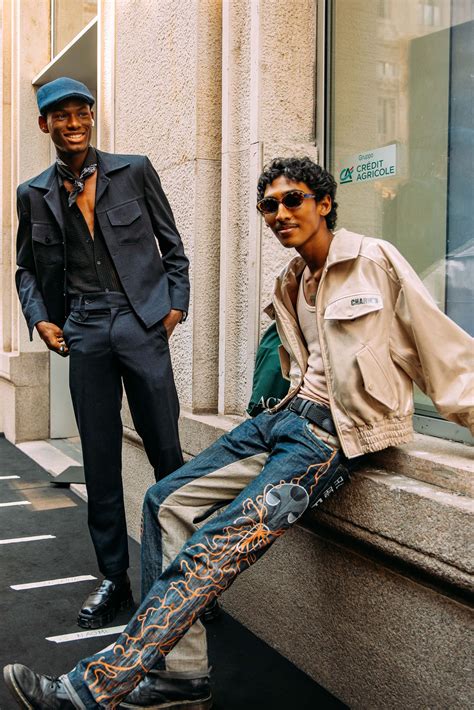
Tailoring Smart Casual for Different Settings
The beauty of smart casual lies in its adaptability. The key is to adjust the ‘smartness’ based on the specific context.
Professional Environments (e.g., Office, Business Lunch)
Lean more towards the ‘smart’ side. This might involve a blazer, a button-down shirt (tucked in), tailored chinos or wool trousers, and polished leather loafers or Derbies. A fine-gauge knit sweater can replace the blazer in warmer weather or more relaxed offices. Avoid jeans and overly bright colors.
Social Gatherings (e.g., Dinner, Dates, Weekend Events)
Here, you have more room to lean into the ‘casual’ aspect, but still maintain polish. Dark wash, well-fitting jeans can be acceptable when paired with a quality polo shirt or an untucked button-down. Sneakers can be an option if they are clean and stylish. You might forgo a blazer for a stylish jacket, but always ensure your clothes are clean, pressed, and fit well.
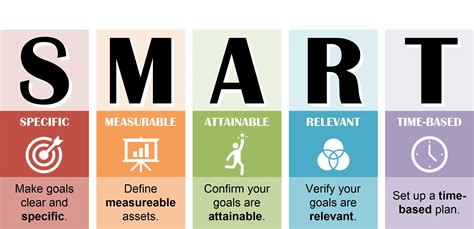
Key Principles for Success
- Fit is paramount: Clothes that fit well instantly look more expensive and tailored. Avoid anything too baggy or too tight.
- Quality over quantity: A few high-quality, versatile pieces will serve you better than a closet full of cheap, ill-fitting items.
- Versatility: Choose pieces that can be dressed up or down.
- Attention to detail: Clean shoes, pressed shirts, and well-groomed hair make a huge difference.
- Confidence: Ultimately, wearing your outfit with confidence is the best accessory.
Conclusion
Achieving smart casual style for men is an art, not a science, requiring a keen understanding of balance and context. By building a wardrobe of versatile, quality pieces and paying attention to fit and detail, any man can confidently navigate the professional and social landscape with effortless elegance. Experiment, adapt, and make the smart casual look your own.
